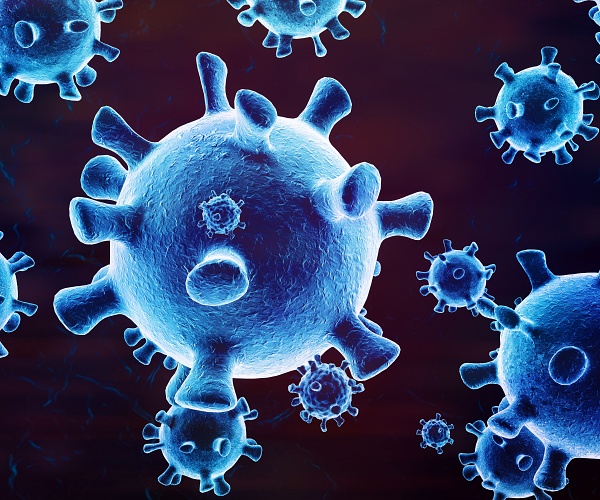Scientists say it’s time to forget about Herd Immunity

By Lynn Allison From Newsmax
The U.S. has been fixated on achieving herd immunity – getting enough Americans infected by COVID-19 virus or vaccinated against the virus to quell the pandemic. But now scientists believe that herd immunity is a pipe dream that will not end COVID-19.
According to NPR, only vaccines will get us to the finish line.
“This pandemic ends when enough people are protected from severe illness, and selfishly you want to be protected from severe illness,†said Devi Sridhar, a professor of global health policy at Edinburgh University in Scotland. She predicted in 2018 that the world would face a coronavirus-like crisis. Sridhar said that vaccinations help both the individual and the community at large.
For months, headlines suggested that only herd immunity would put an end to COVID-19. The percentage of people needed to reach this threshold has ranged from 20% to 90% of the population, depending on which experts were quoted.
But the history of herd immunity shows it’s an elusive concept that could vary from one contagious disease to another. In 1916, a veterinarian named Adolph Eichhorn found that a herd of cows could become immune to a disease if enough animals were infected. According to NPR, since then scientists have used the term to identify the mathematical tipping point during an infectious outbreak in which enough people are immune, either by vaccination or infection, and as a result, the virus loses its momentum of transmission.
Sridhar said that the hope of herd immunity for COVID-19 was popular before the emergency of vaccines, when the virus was still rampant and uncontrollable. Scientists said that letting the virus take its course would lead to an eventual end of the disease.
However, researchers at Imperial College of London predicted that allowing the virus to run its course unfettered would have dire consequences and result in a staggering death toll.
“I think if we could go back in time and they were completely honest, both the public health advisers and the leadership would say that’s the wrong approach,†Sridhar said. Even if an arbitrary percentage of people are immune to COVID-19 throughout the U.S, there still will be pockets of populations that have not achieved that threshold of immunity where the virus can thrive.
According to The New York Times, more than half of U.S. adults have had at least one dose of a COVID-19 vaccine, but daily vaccination rates are falling. Scientists and public health experts now believe that reaching the threshold of immunity to stave off the virus is unattainable in the foreseeable future, and maybe forever.
What they predict is that COVID-19 will remain for many years to come, causing hospitalizations and deaths, but to a much lesser degree than experienced so far.
“The virus is unlikely to go away,†said Rustom Antia, a professor of biology with a doctorate degree and a faculty member at the Emory Vaccine Center at Emory University in Atlanta. “But we want to do all we can to check that it’s likely to become a mild infection.â€
Epidemiologists say COVID-19 will become endemic, much like the seasonal flu. “I think if you speak with most epidemiologists and most public health workers, they would say that the disease will become endemic, at least in the short term and most likely in the long term,†Dr. David Heymann, a professor of infectious disease epidemiology at the London School of Hygiene and Tropical Medicine, told CNBC.
Sridhar told NPR that a more realistic goal for containing COVID-19 is to get enough people vaccinated to prevent severe illness so that hospitals and healthcare systems are not overwhelmed.
“More infections are bad, and the way to stop them is to get vaccinated,’ she said. “It’s that simple.â€
© 2021 NewsmaxHealth. All rights reserved.
For more on this story go to: NEWSMAX





